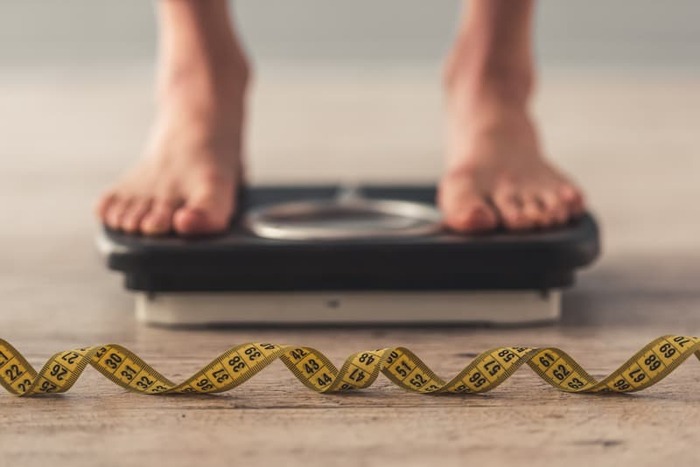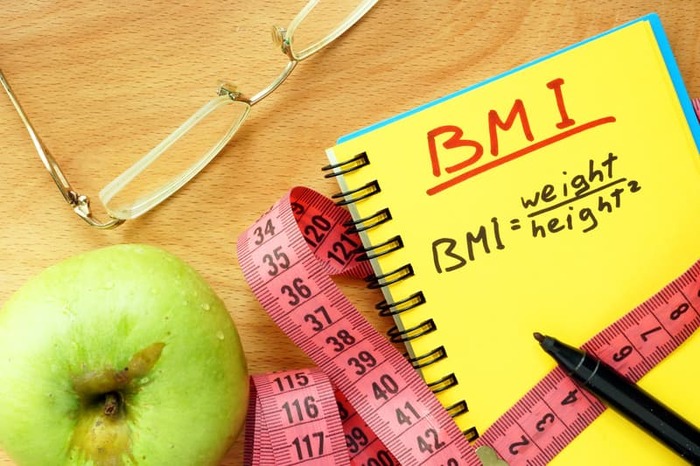- Calls to this hotline are currently being directed to Within Health or Eating Disorder Solutions
- Representatives are standing by 24/7 to help answer your questions
- All calls are confidential and HIPAA compliant
- There is no obligation or cost to call
- Eating Disorder Hope does not receive any commissions or fees dependent upon which provider you select
- Additional treatment providers are located on our directory or samhsa.gov
What is “Too Skinny?”
The conversation about an individual being “too skinny” is all-too-common in our culture and 99% of the time, it is speculative, ill-intentioned, and not appropriate. The remaining 1% of the time is reserved for the circumstance that will be discussed in this article – the moment when a loved one or close individual becomes so thin, you are concerned for their well-being or safety.
Make no mistake, even when commenting on a stranger’s weight feels well-intentioned, it is unhelpful and ineffective, as there may be information you are not aware of and this individual does not know or trust your judgment anyways.
The following discourse is intended to support those that, with the best intentions and awareness of the circumstances at-hand, are concerned that they, or a loved one, has become “too skinny” due to a life-threatening eating disorder.
How Skinny is “Too Skinny?” – When Weight Loss Can Signal an Eating Disorder
Using the term “too skinny” in-and-of-itself can be dangerous, as what is “too” much or little is subjective and heavily tainted by limited social understandings of weight, fat, nutrition, and the body. What body composition is appropriate for each person depends on many factors outside of their weight and height and some people are naturally born in thinner bodies.
Even so, there is a combination of behaviors and health factors that places an individual at a physical or mental health risk due to being “too thin.” These factors are not solely related to eating disorder behaviors and concerns, as individuals can struggle with medical issues that also lead to an individual being worryingly underweight.
Signs You are “Too Skinny?”
There are signs that can indicate an individual is underweight in a manner that is harmful to their physical and emotional well-being such as:
- Fatigue
- Dizziness
- Hair loss
- Irregular menstrual cycle and/or loss of period
- Poor growth
- Fertility issues
- Impaired immune system
- Thinning skin
- Growth of fine, soft hair known as “lanugo.”
- Emotional dysregulation
Too Skinny: What BMI is Considered Underweight?
From a clinical perspective, an individual is considered “too skinny” if they are deemed underweight. According to the Centers for Disease Control, an individual is underweight if their Body Mass Index (BMI) is below 18.5 [1]. While BMI is disputed as being reductive due to its focus solely on height and weight, it can be a beginning indication of a possible problem.
Realistically determining if an individual is underweight based on their own unique genetic and physical makeup should be determined by medical and dietetic professionals that are educated and trained in identifying eating disorders.
Further Reading
Health Risks of Being Underweight
Being underweight can cause severe medical and neurological harm if left untreated. Ultimately, whether an individual is naturally thin, has difficulty gaining weight due to a medical disorder, or is engaging in eating disorder behaviors, medical and psychological intervention is important to avoid the following long-term consequences:
- Malnutrition
- Vitamin deficiencies
- Immune impairment
- Anemia
- Fertility issues
- Osteoporosis
- Organ damage/failure
- Cardiac issues
- Developmental delays
- Death
Signs & Symptoms of Eating Disorders: When to Seek Treatment
Becoming underweight as a result of eating disorder behaviors is not uncommon, as approximately 8 million Americans struggle with these disorders. Consider the following warning signs if you are attempting to determine whether you or a loved one have an eating-disorder-related problem and should seek help:
- Increased emotion dysregulation
- Impaired immune functioning
- Hyperfixation on body weight/size/shape/appearance.
- Over-emphasis on food.
- Intense focus on nutritional content and impact of food.
- Eating alone.
- Withdrawing from support.
- Declining opportunities to eat with others.
- Leaving meals to go to the restroom.
- Hiding food.
- Owning/hoarding laxatives and/or diuretics.
- Low self-esteem.
- Wearing clothing that hides the body.
If any of these signs and symptoms sounds familiar, it is best to seek support from an eating disorder professional. These individuals are trained in identifying problematic, eating disorder-related behaviors as well as supporting individuals in beginning their treatment journey.
While it can be frightening to admit to oneself or loved ones that there is a problem, doing so can be a brave first step toward food freedom and recovery.
Resources
- [1] Unknown (2020). Assessing your weight. Centers for Disease Control and Prevention. Retrieved from https://www.cdc.gov/healthyweight/assessing/index.html.
- [2] Unknown (2006). Eating disorder statistics. South Carolina Department of Mental Health. Retrieved from https://www.state.sc.us/dmh/anorexia/statistics.htm.
Author: Margot Rittenhouse, MS, LPC, NCC
Page Last Reviewed and Updated By: Jacquelyn Ekern, MS, LPC on September 3, 2021


